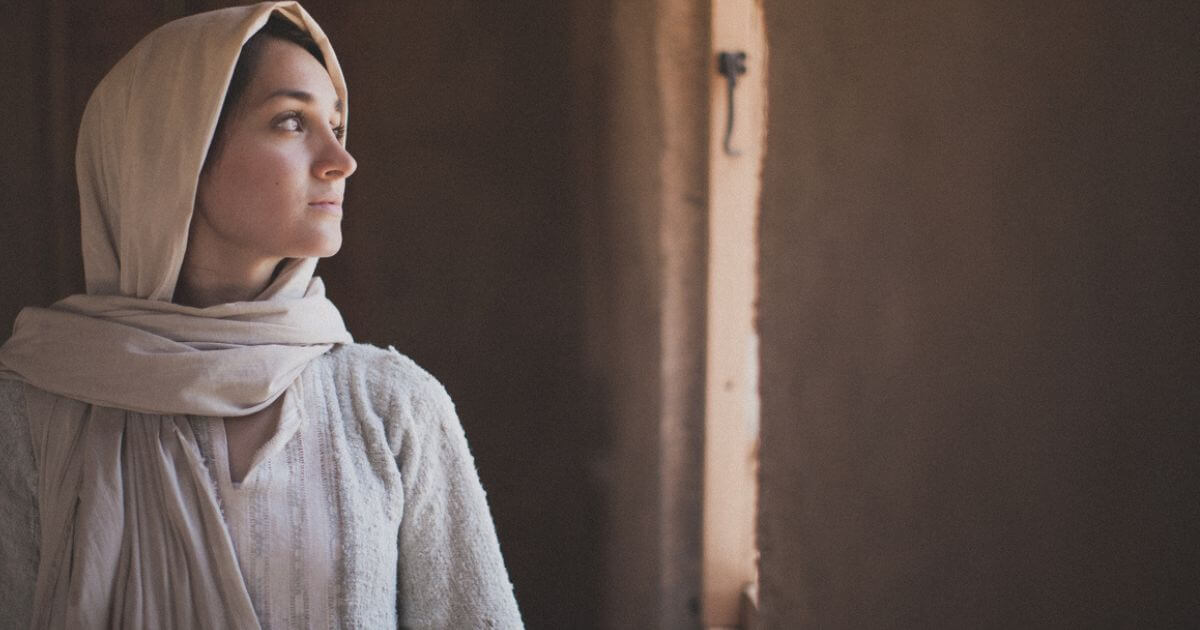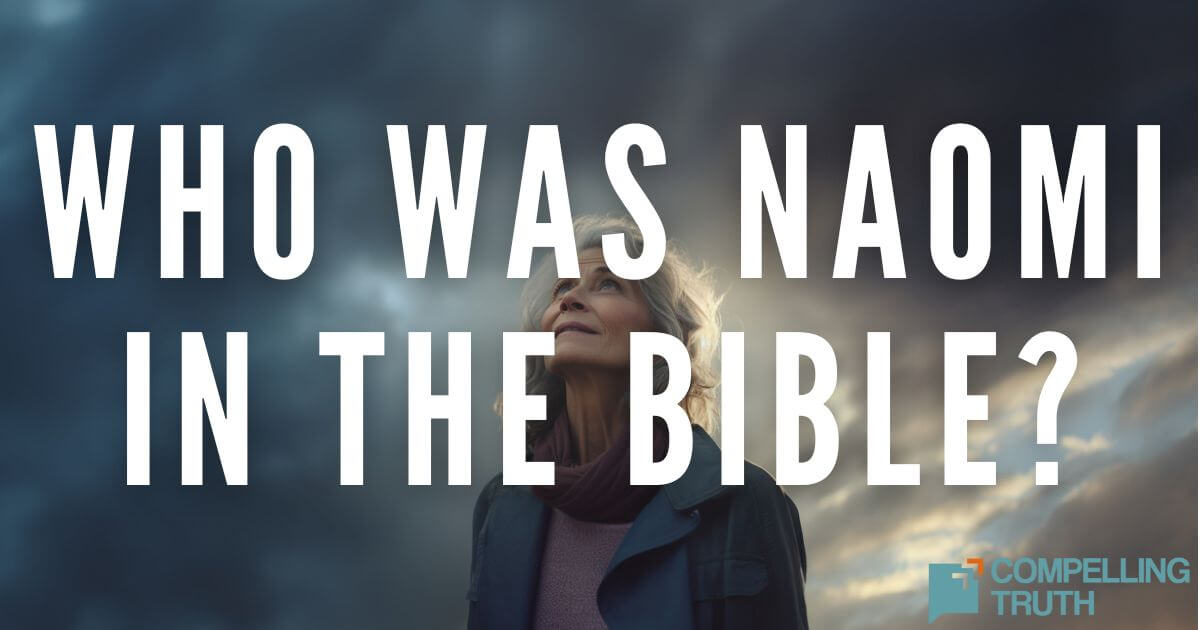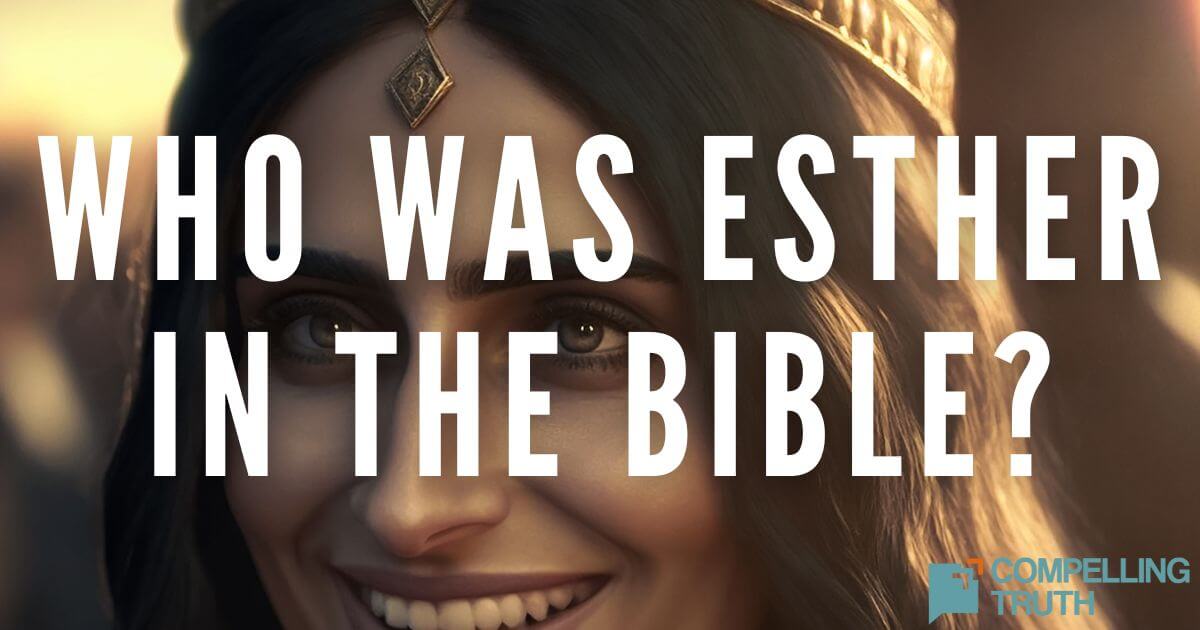what does the bible say?
Ruth, a Moabite woman, found herself widowed alongside her mother-in-law, Naomi, after the deaths of their husbands. Determined to stay by Naomi's side, Ruth refused to part ways, pledging her loyalty and faith to Naomi and her God, even though they were from different cultures. Back in Bethlehem, Ruth gleaned from the fields to provide for herself and Naomi, catching the attention of Boaz, a relative of Naomi's deceased husband. Naomi then guided Ruth in seeking Boaz as a potential kinsman redeemer. After securing permission from a closer relative, Boaz married her. Their union resulted in the birth of Obed, who became the ancestor of King David and eventually Jesus. The story of Ruth highlights faithfulness and its rewards. It also demonstrates that God's plan of salvation is for all people.




